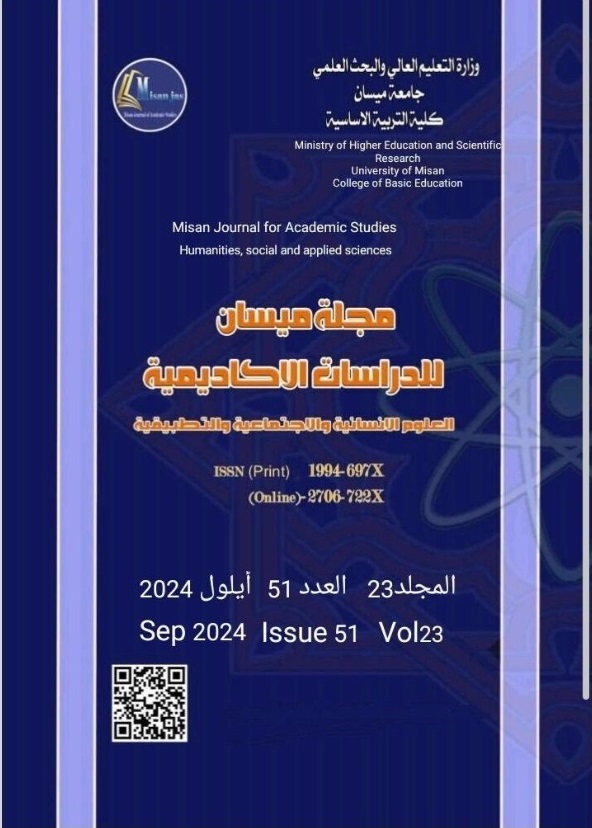The Impact of Transitional Regulations on the Application of National Reconciliation and National Amnesty Mechanism (A Comparative Study)
Abstract
The purpose of this study is to determine the status of the transitional period and its implications for the "reconciliation and amnesty" mechanisms found in nations with transitional laws. These mechanisms are typically included in the transitional phase that results from drastically and completely altering a country's political system. The state uses a variety of mechanisms and strategies to integrate equity during times of systemic transition or transformation. In our research, we examine extrajudicial mechanisms like "reconciliation," victim compensation programs, and amnesty linked to community reconciliation in comparison to the dominant mechanisms of transitional constitutional systems to arrive at a conclusion regarding the relative importance or value of each. We also attempt to highlight the advantages or disadvantages of including these provisions or system in that mechanism and offer conclusions and recommendations targeted at addressing or evaluating that inclusion.
Downloads
Copyright (c) 2024 (Humanities, social and applied sciences) Misan Journal of Academic Studies

This work is licensed under a Creative Commons Attribution-NonCommercial-NoDerivatives 4.0 International License.
The copyright is also the copyright of the magazine only.
All articles published in our magazine are subject to license terms
Creative Commons Attribution(CC BY-NC-ND 4.0) This license permits the content to be reproduced, redistributed and reused in whole or in part for any purpose free of charge, without any permission from the author(s), researcher or student.
Works submitted to Maysan Journal of Academic Studies for publication in the journal (CC BY-NC-ND 4.0) license terms. Where available content can be shared, distributed and replicated provided there is no commercial profit and appropriate credit must be given to the original source through sources or citations. It is mandatory to review any material used from other sources including shapes, tables, and images for re-use under the terms of the Creative Commons License (CC BY-NC-ND 4.0).Provided that there is no modification to the original content



